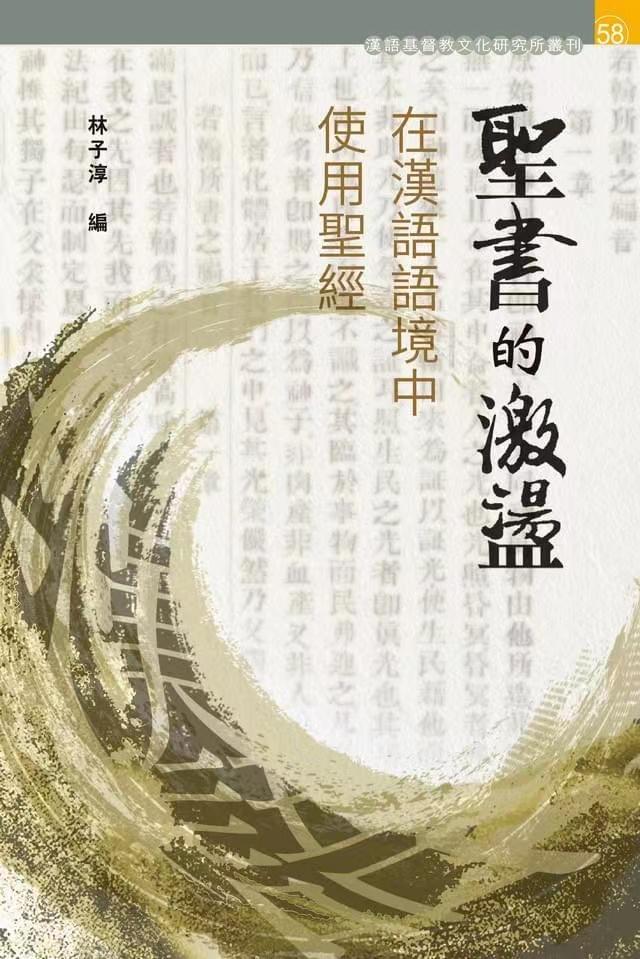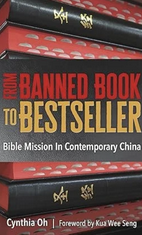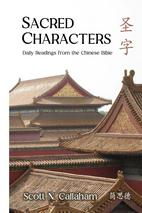A new book, The Use of the Bible in the Chinese Context, was recently published.
This is a work written by Dr. Lin Zichun, who holds a Ph.D. from the University of Cambridge. The new book provides a case study of ecumenical mission theology and the history of East-West cultural exchange. Spanning an extensive timeframe of over 1,300 years, from the Nestorianism of the 7th century to the present, the book delves into the origins of Chinese Christianity, which are notably diverse, and explores the highly varied and dynamic Chinese culture, encompassing Confucianism, Buddhism, Taoism, and folk religions.
Within its pages, the book also presents common confusions experienced by Chinese users throughout different eras when referencing and interpreting the Bible. On the one hand, they are delighted by the novel concepts brought by the faith, concepts that were previously absent within their own traditions. On the other hand, complete detachment from their own cultural context becomes an impossibility. Achieving an effective reception leads to a predicament concerning both the exegesis and practice of local theology and faith. The creative construction of Chinese theology from this perspective remains an enduring topic.
This work collects research findings from Western and Chinese scholars, including Tan Dawei, Zhu Donghua, Sima Yi (Chloë Starr), Yang Fulei (Fredrik Fällman), David F. Ford OBE, Luo Mingjia (Miikka Ruokanen), and others (listed in the order of their articles in the book).
Dr. Lin Zichun, who holds a Ph.D. from the University of Cambridge, is currently a senior lecturer at the Melbourne School of Theology in Australia and a researcher at the Australian Institute for Chinese Christianity and Culture.
- Translated by Poppy Chan












